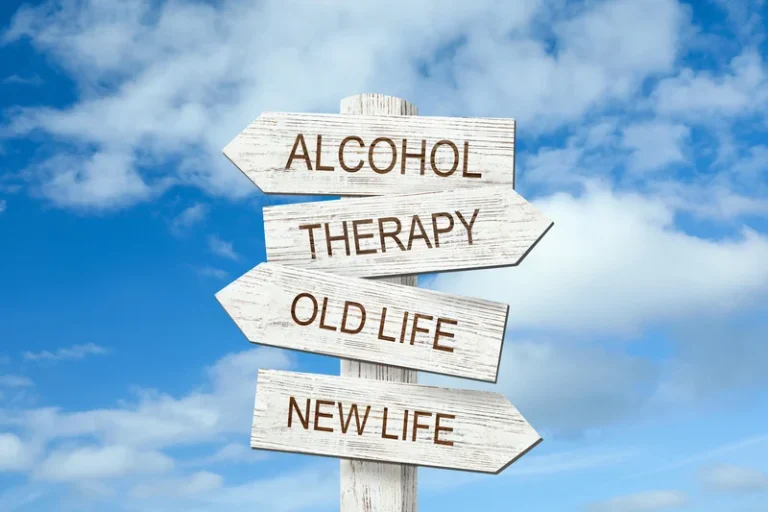- Informasi PPDB 2022 SMAN 3 Rembang bisa diakses melalui Grup Resmi Telegram
Why Do I Get Sneezing Fits When Drinking Alcohol

It is possible for an allergic reaction to beer to worsen with repeated exposure, especially if the immune system becomes increasingly sensitized to certain ingredients. If sneezing after drinking beer is a recurring issue, there are several strategies that can help manage or prevent this reaction. If you do tend to experience allergy-like symptoms after drinking just one or two beers, it’s really a good idea to see your doctor. If you have milder symptoms, you may have a food sensitivity or intolerance rather than a true allergy. This can still be uncomfortable but is not an immune system response and is less serious. A few alcohols are less likely to trigger symptoms in people with alcohol intolerance.

Why do I sneeze when I drink alcohol?
They can help identify the specific cause of your reaction and provide guidance on managing your condition. Some signs of anaphylaxis include swelling, itching, tightening of the throat and mouth, a weak or rapid pulse, fainting, shock, and loss of consciousness. Read beverage labels to see whether they contain ingredients or additives you know cause a reaction, such as sulfites or certain grains.
Health Conditions
Tannins are astringent compounds that contribute to the bitter taste and aroma of wines. When these compounds come into contact with the nasal passages, they can create an irritation sensation which leads to a reflexive sneeze response. Aside from gustatory rhinitis and trigeminal nerve stimulation, other factors like alcohol sensitivity, dehydration, or histamine release could contribute to sneezing after drinking alcohol. Lowering your risk of asthma and allergy symptoms involves proactive management of your health and environment. This includes regular use of prescribed medication, avoiding known triggers, and maintaining a healthy lifestyle.
How Long Does Screw Top Red Wine Last Once Opened?
It is usually caused by genetic variations in the ALDH2 gene, which produces the enzyme that metabolizes alcohol. People with less active ALDH2 enzymes have difficulty breaking down alcohol, leading to uncomfortable reactions. For those with Red Wine Allergies, the symptoms can be quite unpleasant and may last for several hours. However, to eliminate them completely, it is necessary to avoid consuming red wine altogether.
How quickly do beer allergy symptoms appear?

The symptoms of alcohol intolerance can include a stuffy or runny nose, skin flushing, red itchy skin bumps, and worsening of pre-existing asthma. While these symptoms may be mild and not life-threatening, they can still be uncomfortable and irritating. The only way to prevent these reactions is to avoid alcohol or limit the amount consumed. Following these symptoms is commonly a red flushing skin reaction lasting anywhere between 30 minutes to a few hours.
Allergy testing is a safe and effective way to diagnose allergies and can provide relief from uncomfortable symptoms. Sneezing alone is not typically a sign of alcohol intolerance, which usually involves symptoms like flushing, nausea, rapid heartbeat, or headache. If you experience multiple symptoms after drinking alcohol, you may have alcohol intolerance. It’s generally advised to avoid drinking alcohol while taking allergy medicine. Alcohol can intensify the sedative effects of antihistamines, leading to drowsiness and potential impairment.

Sulphites are often added to wine as preservatives to keep them fresh and prevent oxidation, but they can also be created naturally during the process of winemaking. According to the UK Food Standards Agency, nearly all wines exceed 10mg/L of sulphur dioxide. Alcohol intolerance occurs when your body doesn’t have the proper enzymes to break down (metabolize) the toxins in alcohol.
- Cross-reactivity with other allergens, such as gluten or histamines, can also play a role.
- In addition, people with asthma or other food or inhalant allergies might be more likely to have alcohol allergies or intolerances.
- Moreover, the 20-minute rule is linked to the broader concept of mindful drinking, which can assist individuals in cutting back their alcohol intake.
- In this case, avoiding these types of drinks and/or medications that contain histamine can help reduce the symptoms.
Drinking beer can indeed cause sneezing, a phenomenon sometimes referred to as beer sneezes. While it may be more common than you think, there is little scientific research on the exact number of people affected. Firstly, some people have lower levels of the enzymes required to break down alcohol, leading to a buildup of byproducts why does beer make me sneeze that can trigger a mild allergic reaction. Secondly, beer contains histamine, a compound that elicits an allergic response, as well as sulfites, which are common allergens.
- If you suspect that your sneezing is triggered by alcohol, try observing whether it occurs consistently after drinking alcohol and if other allergic symptoms are present.
- For example, Italian winemaker Peri Bigogno produces wines with a certified histamine content under 0.5 mg/L.
- “Reactions to alcohol are unlikely to be caused by a ‘true’ allergy,” explains Holly Shaw, Nurse Advisor at Allergy UK.
- If this occurs, it might be best to switch to red wine or to try drinking white wine in moderation.
Symptoms of a barley or gluten allergy may include digestive discomfort, skin reactions, and respiratory issues. Histamine intolerance or sensitivity can make it difficult for the body to metabolize the histamines found in beer. Red wines typically have higher histamine content than other alcoholic beverages, but beer also contains histamines that can affect susceptible individuals.
Throat Pain Due To Viral Laryngitis: Types, Symptoms, Prevention, Diagnosis, Treatment
Additionally, when you consume alcoholic beverages, your blood vessels widen and cause more blood to flow to the nasal tissues, leading to additional swelling. Allergic rhinitis, a common condition characterized by symptoms like sneezing, stuffy nose, and itchy eyes, can be aggravated by alcohol. Alcohol increases blood flow to the linings of your nose and can cause nasal congestion, a key symptom of allergic rhinitis. This can escalate the severity of symptoms, especially at night when many people find their allergies worsen. In conclusion, sneezing after drinking beer can be attributed to various factors such as allergies, sensitivities, or the presence of compounds Drug rehabilitation like histamine or sulfites. While it can be a peculiar and uncomfortable sensation, understanding the underlying causes can help individuals manage this reaction effectively.
0 Komentar


Beri Komentar